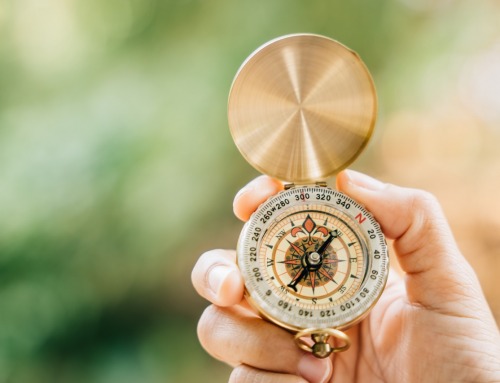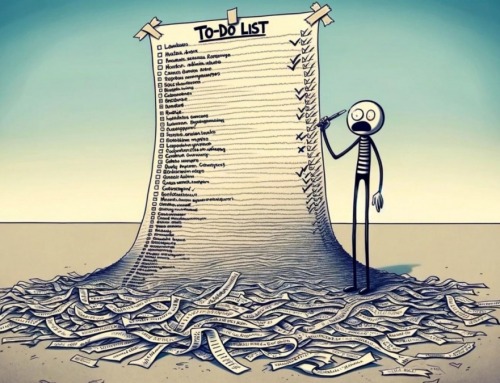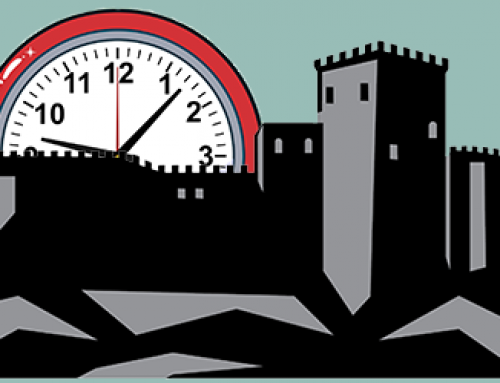In modern times, most of us don’t live on or even near a farm. As a result, we’ve lost awareness of a universal law that governs many of life’s consequences and outcomes. This law is often called the Law of the Harvest. We’ll come back to the Law of the Harvest in just a moment.
There is no instant harvest
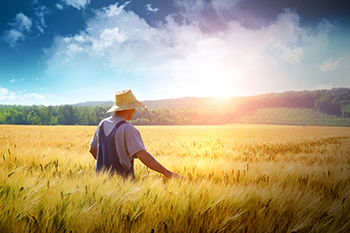 We live in an immediate gratification society that convinces us that everything should happen instantaneously. The digital devices we carry and use every day reinforce this. Almost any information is just a simple Google search away. Typing a few characters and pressing send can contact any of our friends or family members. Check the weather? Want to see a movie? There are apps for that. Want something delivered to your door today? There’s an app that has you covered. This mentality of “I can have anything I want, as soon as I want it” is not only a great blessing, but can also be a curse to our personal, social, and financial growth. The opportunity to live during a time of great technological advancements allows us to receive as much information as we want as fast as we’d like.
We live in an immediate gratification society that convinces us that everything should happen instantaneously. The digital devices we carry and use every day reinforce this. Almost any information is just a simple Google search away. Typing a few characters and pressing send can contact any of our friends or family members. Check the weather? Want to see a movie? There are apps for that. Want something delivered to your door today? There’s an app that has you covered. This mentality of “I can have anything I want, as soon as I want it” is not only a great blessing, but can also be a curse to our personal, social, and financial growth. The opportunity to live during a time of great technological advancements allows us to receive as much information as we want as fast as we’d like.
Nothing important can be completed overnight
Sure, there are stories of individuals becoming famous or accumulating large sums of money quickly. However, more often than not, true, stable, and secure growth is built line upon line, here a little and there a little. The truth is, reality isn’t always dramatic. The Law of the Harvest tells us that behind the scenes and away from the spotlight you work hard, or invest properly, or work and study hour after hour, day after day… and then in 15 years, everyone around you thinks you’re an overnight success.
Don’t judge each day by the harvest you reap but by the seed that you plant.
 Where I grew up in the Midwest, I saw the law of the harvest take place every year. Every spring, the tractors and plows would come out and begin to prep the ground for planting. Each field was mapped out carefully to determine what was planted in which field. Once the seeds were planted, each field was on a watering schedule and the process of photosynthesis began. Weeks later you would begin to see the budding plants emerge from the soil showing the benefits of weeks of labor. And although the black dirt fields turned into a blanket of greenery, harvesting at that time would not only be unfruitful, but disastrous to the long-term growth of the crop and the reward of the harvest. It wasn’t until months later that the fields were ripe. Just as the cycle started in the spring, it always ended in the fall. There were certain things you had to do to make sure the harvest would come, but there was nothing you could do to speed up the harvest.
Where I grew up in the Midwest, I saw the law of the harvest take place every year. Every spring, the tractors and plows would come out and begin to prep the ground for planting. Each field was mapped out carefully to determine what was planted in which field. Once the seeds were planted, each field was on a watering schedule and the process of photosynthesis began. Weeks later you would begin to see the budding plants emerge from the soil showing the benefits of weeks of labor. And although the black dirt fields turned into a blanket of greenery, harvesting at that time would not only be unfruitful, but disastrous to the long-term growth of the crop and the reward of the harvest. It wasn’t until months later that the fields were ripe. Just as the cycle started in the spring, it always ended in the fall. There were certain things you had to do to make sure the harvest would come, but there was nothing you could do to speed up the harvest.
Your thoughts are seeds, and the harvest you reap will depend on the seeds you plant.
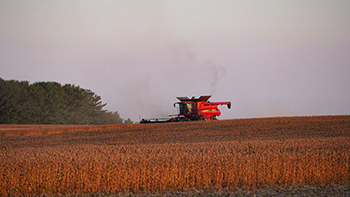 The Law of the Harvest shows that there’s no real shortcuts. You do your work and let time and nature do their thing. Only then, after a lot of hard work and patience, does the harvest come. Then, bringing in the harvest is even more work. Can you imagine telling a farmer that he could skip planting, but still harvest anyway? Or that he could plant without tilling the earth? Or how about that he could skip the watering through the hot months July and August? He would probably shake his head, look at you narrowly with an eye of disdain, and just keep walking to his tractor. He’s got no time or patience for nonsense. It’s important to understand the biggest part of Law of the Harvest: You only reap what you first sow. If you want corn, you must plant corn and then nurture it until the harvest which comes later. If you plant corn you will never get roses or sugar beets.
The Law of the Harvest shows that there’s no real shortcuts. You do your work and let time and nature do their thing. Only then, after a lot of hard work and patience, does the harvest come. Then, bringing in the harvest is even more work. Can you imagine telling a farmer that he could skip planting, but still harvest anyway? Or that he could plant without tilling the earth? Or how about that he could skip the watering through the hot months July and August? He would probably shake his head, look at you narrowly with an eye of disdain, and just keep walking to his tractor. He’s got no time or patience for nonsense. It’s important to understand the biggest part of Law of the Harvest: You only reap what you first sow. If you want corn, you must plant corn and then nurture it until the harvest which comes later. If you plant corn you will never get roses or sugar beets.
With every deed you’re sowing a seed, though the harvest you may not see.
There is an order to it. It’s not complex. It’s not magical. And it’s certainly not glamorous. Instead it’s downright simple. But it’s not easy. It’s wisdom hiding in plain sight. And in today’s world of shortcuts and schemes, it’s common sense uncommonly applied.
Stephen Covey wrote: “Can you imagine “cramming” on the farm? Can you imagine forgetting to plant in the spring, flaking out all summer, and hitting it hard in the fall—ripping the soil up, throwing in the seeds, watering, cultivating—and expecting to get a bountiful harvest overnight? “Cramming doesn’t work in a natural system. That’s the fundamental difference between a social and natural system. A social system is based on values; a natural system is based on principles. In the short term, cramming may appear to work in a social system. You can go for the “quick fixes” and techniques with apparent success. But in the long run they just don’t work.”
You can’t cram in some physical fitness just before your heart attack. What’s more, you can’t cram some savings just before retirement. Finally, you can’t cram experience, knowledge, and relationships into your life just before you die. Building health, wealth, and wisdom doesn’t work this way. It’s slow and steady investment, day-after-day. You have to pay the price. The best time to have planted a tree is 20 years ago; the next best time is today. Plant the seeds of your future today, and tomorrow, and the next day.


